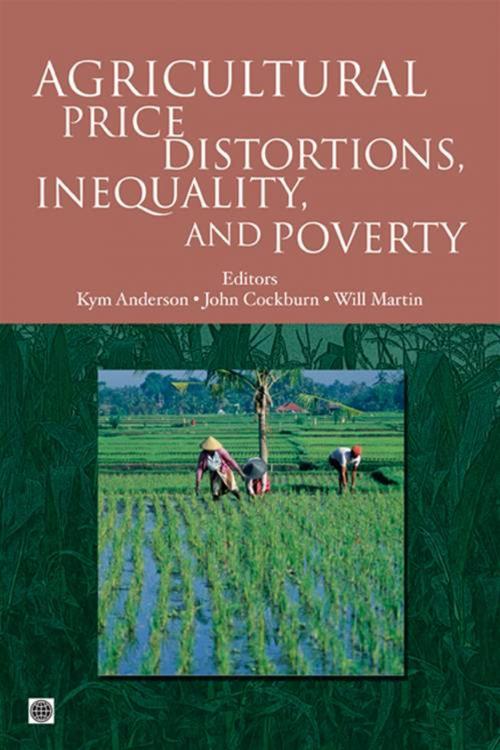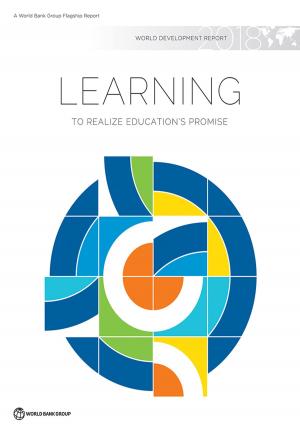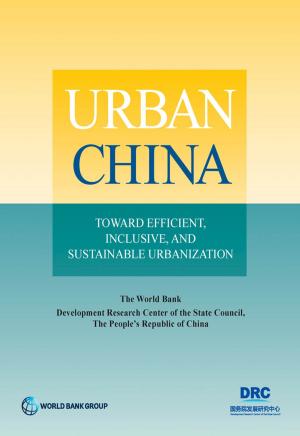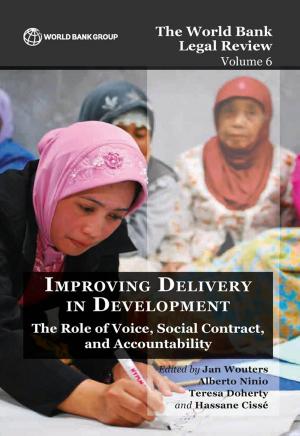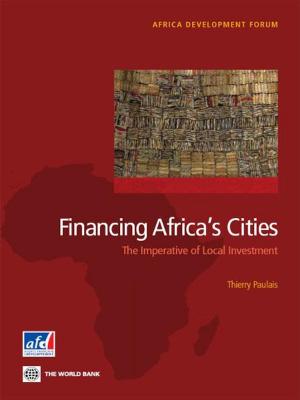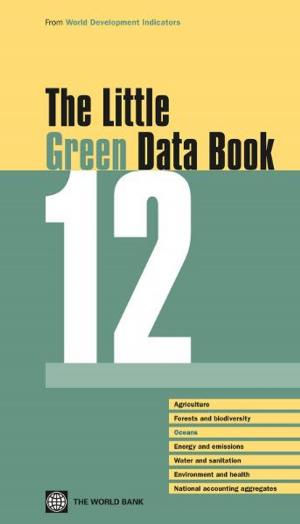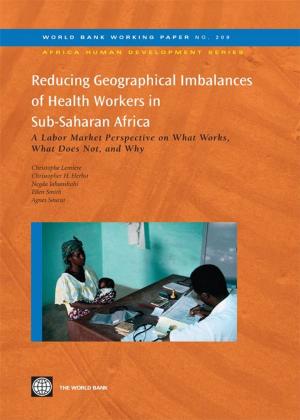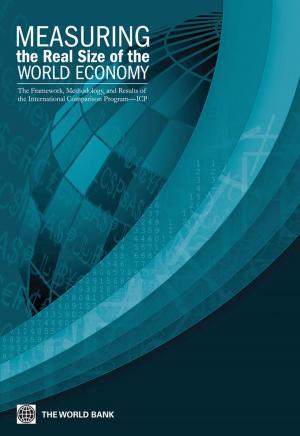Agricultural Price Distortions, Inequality, And Poverty
Nonfiction, Social & Cultural Studies, Political Science, International, International Relations| Author: | Anderson Kym; Cockburn John; Martin Will | ISBN: | 9780821381847 |
| Publisher: | World Bank | Publication: | March 17, 2010 |
| Imprint: | Language: | English |
| Author: | Anderson Kym; Cockburn John; Martin Will |
| ISBN: | 9780821381847 |
| Publisher: | World Bank |
| Publication: | March 17, 2010 |
| Imprint: | |
| Language: | English |
Trade policy reforms in recent decades have sharply reduced the distortions that were harming agriculture in developing countries. Yet global trade in farm products continues to be far more distorted than trade in nonfarm goods, and in ways that reduce some forms of poverty and inequality but worsen others, so the net effects are unclear without empirical modeling.Using a new set of estimates of agricultural price distortions, this book brings together economy-wide global and national empirical studies that focus on the net effects of the remaining distortions to world merchandise trade on poverty and inequality globally and in various developing countries. The global LINKAGE model results suggest that removing remaining distortions would reduce international inequality, largely by boosting net farm incomes and raising real wages for unskilled workers in developing countries, and would reduce the number of poor people worldwide by 3 percent.The analysis based on the Global Trade Analysis Project (GTAP) model for a sample of 15 countries, and ten stand-alone national case studies from three continents, suggest even larger reductions in poverty. This is especially so if only the non-poor are subjected to increased income taxation to compensate for the loss of trade tax revenue. The volume draws out the implications for policy reforms in developing countries, pointing to ways in which complementary domestic policies can increase the likelihood that freeing markets for farm products and other goods would reduce both poverty and inequality.
Trade policy reforms in recent decades have sharply reduced the distortions that were harming agriculture in developing countries. Yet global trade in farm products continues to be far more distorted than trade in nonfarm goods, and in ways that reduce some forms of poverty and inequality but worsen others, so the net effects are unclear without empirical modeling.Using a new set of estimates of agricultural price distortions, this book brings together economy-wide global and national empirical studies that focus on the net effects of the remaining distortions to world merchandise trade on poverty and inequality globally and in various developing countries. The global LINKAGE model results suggest that removing remaining distortions would reduce international inequality, largely by boosting net farm incomes and raising real wages for unskilled workers in developing countries, and would reduce the number of poor people worldwide by 3 percent.The analysis based on the Global Trade Analysis Project (GTAP) model for a sample of 15 countries, and ten stand-alone national case studies from three continents, suggest even larger reductions in poverty. This is especially so if only the non-poor are subjected to increased income taxation to compensate for the loss of trade tax revenue. The volume draws out the implications for policy reforms in developing countries, pointing to ways in which complementary domestic policies can increase the likelihood that freeing markets for farm products and other goods would reduce both poverty and inequality.
